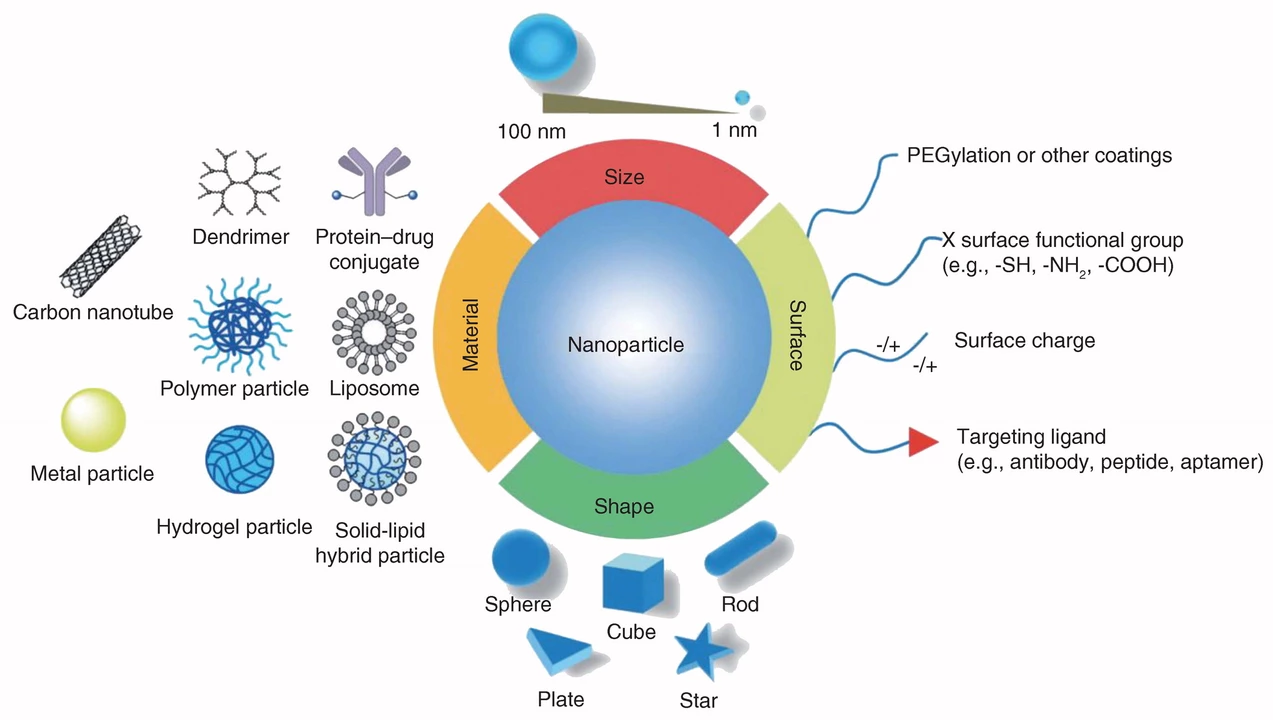Understanding Capecitabine: A Practical Guide
If you or a loved one are facing cancer treatment, you've probably heard about capecitabine. This medication plays a major role in fighting various cancers, including breast, colorectal, and stomach cancers. What sets capecitabine apart is that it’s taken by mouth as a pill, which can be more convenient than some other chemo treatments requiring hospital visits.
So, how does capecitabine work? Simply put, it’s a prodrug, meaning after you take it, your body converts it into 5-fluorouracil (5-FU), a powerful chemotherapy agent. This active form interferes with cancer cells’ ability to grow and multiply. The neat thing is, this transformation mostly happens inside tumor cells, which aims to minimize harm to healthy tissues.
What You Should Know Before Starting Capecitabine
Before you start treatment, it’s crucial to discuss your full medical history with your doctor. Capecitabine isn’t for everyone—certain heart problems, kidney issues, or low blood counts may affect if you can safely take it. Also, the medication comes with some common side effects like tiredness, nausea, or hand-foot syndrome, which causes redness and tenderness in hands and feet. Keep an eye on these symptoms and be honest with your healthcare team—they can help manage side effects so you can stay on track.
Since capecitabine is a chemotherapy drug, timing and dosage matter a lot. Typically, it’s taken in cycles—two weeks on, one week off—to give your body a break and reduce side effects. Sticking to your schedule and not missing doses really helps keep the treatment effective.
Tips for Managing Life on Capecitabine
Taking capecitabine at home offers flexibility, but it requires responsibility. Use a pill organizer to keep track, and take your doses with water within 30 minutes after a meal to reduce stomach upset. Avoid grapefruit or any products containing it when on capecitabine, as they can interfere with how your body handles the drug.
Lastly, regular check-ups and blood tests are key to safely staying on capecitabine. Your doctor will monitor how your body is handling the treatment and adjust doses if needed. Be proactive—report any new symptoms or concerns right away.
Capecitabine can feel intimidating at first, but understanding what it does and how to manage its effects helps you take control of your cancer journey. Having this knowledge means you're better equipped to work with your medical team and get the best outcome possible.
Capecitabine and targeted therapy: A promising approach
- DARREN LLOYD
- 14
As a blogger, I am always on the lookout for promising advancements in medical treatments. Recently, I came across the combination of Capecitabine and targeted therapy, which shows immense potential in cancer treatment. Capecitabine, an oral chemotherapy drug, when combined with targeted therapies, seems to enhance the drug's effectiveness in fighting cancer cells. This approach not only targets specific cancer cells, but also spares healthy cells, reducing side effects for patients. I truly believe that this innovative method holds great promise for improving patient outcomes and revolutionizing cancer treatments.
READ MORE
